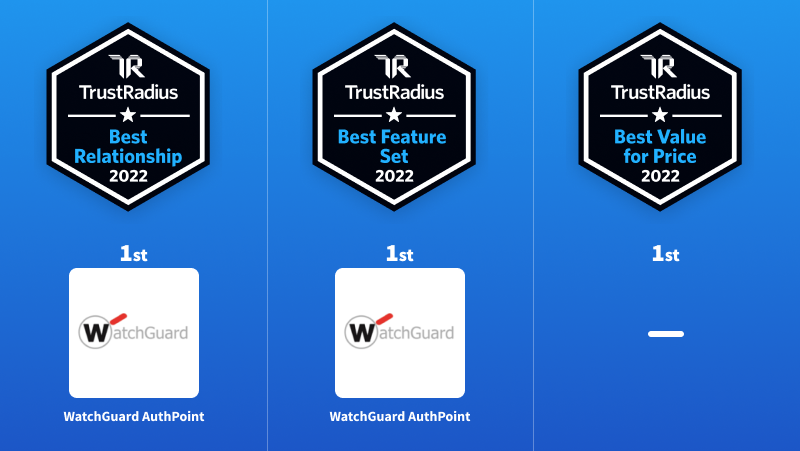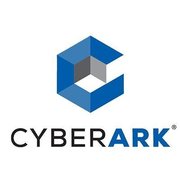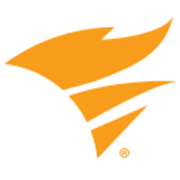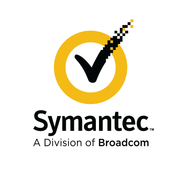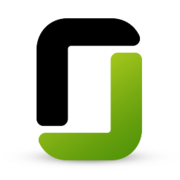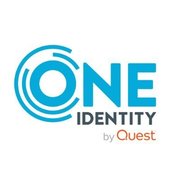Authentication Systems
Authentication Systems Overview
Top Rated Authentication Products

These products won a Top Rated award for having excellent customer satisfaction ratings. The list is based purely on reviews; there is no paid placement, and analyst opinions do not influence the rankings. Read more about the Top Rated criteria.
Category Videos
Authentication Systems TrustMap
TrustMaps are two-dimensional charts that compare products based on trScore and research frequency by prospective buyers. Products must have 10 or more ratings to appear on this TrustMap.
Authentication Products
(1-25 of 113) Sorted by Most Reviews
The list of products below is based purely on reviews (sorted from most to least). There is no paid placement and analyst opinions do not influence their rankings. Here is our Promise to Buyers to ensure information on our site is reliable, useful, and worthy of your trust.

Okta is an enterprise grade identity management service, built in the cloud. IT can manage access across any application, person or device. Whether the people are employees, partners or customers or whether the applications are in the cloud, on premises or on a mobile device, Okta…
Key Features
- ID Management Single-Sign On (SSO) (121)91%9.1
- Multi-Factor Authentication (112)90%9.0
- ID-Management Access Control (116)88%8.8

WatchGuard AuthPoint
WatchGuard AuthPoint is a multi-factor authentication (MFA) service that helps companies keep their assets, information, and user identities secure. Multi-factor authentication solutions can enable organizations to close security gaps that leave companies vulnerable to breaches by…

LastPass, a GoTo (formerly LogMeIn) company, is a password management application to simplify access to enterprise applications for users but also increase centrality and ease of management of access for administrators with task automation, convenient and secure password sharing,…
Key Features
- Password Management (77)95%9.5
- ID-Management Access Control (58)88%8.8
- Account Provisioning and De-provisioning (55)79%7.9
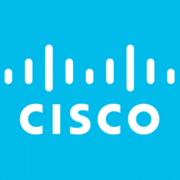
Cisco Secure Access, by Duo is a two-factor authentication system (2FA), acquired by Cisco in October 2018. It provides single sign-on (SSO) and endpoint visibility, as well as access controls and policy controlled adaptive authentication.
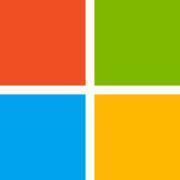
Microsoft Azure Active Directory (Azure AD) is a cloud-based identity and access management (IAM) solution supporting restricted access to applications with Azure Multi-Factor Authentication (MFA) built-in, single sign-on (SSO), B2B collaboration controls, self-service password, and…
Key Features
- ID Management Single-Sign On (SSO) (45)94%9.4
- ID-Management Access Control (45)91%9.1
- Multi-Factor Authentication (44)90%9.0

Firebase
Google offers the Firebase suite of application development tools, available free or at cost for higher degree of usages, priced flexibly accorded to features needed. The suite includes A/B testing and Crashlytics, Cloud Messaging (FCM) and in-app messaging, cloud storage and NoSQL…
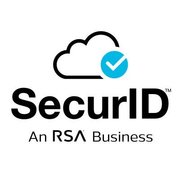
SecurID, a company and solution suite from RSA, is an identity and access management suite supporting access management, authentication, and identity governance.
Key Features
- Multi-Factor Authentication (5)90%9.0

IBM Cloud App ID
IBM Cloud App ID helps developers who are not security experts to easily add authentication to their apps, and protect their APIs and app back-ends running on IBM Cloud. Developers can add a variety of login-in types: Email or username and passwordEnterpriseSocial App ID includes…
Key Features
- Password Management (17)87%8.7
- ID Management Single-Sign On (SSO) (17)86%8.6
- ID-Management Access Control (17)77%7.7

Amazon Cognito
Amazon Cognito is a mobile identity product that allows users to add user sign-up and sign-in to mobile and web apps, and authenticate users through social identity providers.

The PingOne Cloud Platform from Ping Identity in Denver, Colorado is an identity management and access solution (IAM) for enterprises. Features of the products include single sign-on, multi-factor authentication, user management with directory, provisioning and deprovisioning. The…
Key Features
- ID Management Single-Sign On (SSO) (7)88%8.8
- Multi-Factor Authentication (7)86%8.6
- ID-Management Access Control (5)82%8.2
Learn More About Authentication Systems
What are Authentication Systems?
Authentication systems are security measures put in place to secure data and systems by requiring additional input beyond username and password for users to access a system. By providing this additional input, authentication systems help ensure that users are who they say they are. Authentication systems can require one other form of user input or more. These systems are sometimes called multiple-factor authentication, or MFA.
Using authentication improves data security and prevents potential breaches. When multi-factor authentication is required to access a system, the system is less vulnerable to security issues like weak passwords or attacks like phishing. Authentication systems are ideal for businesses with sensitive data or systems that require secure user accounts.
Authentication System Features & Capabilities
Authentication Systems have different ways of authenticating users, but they all share a few key features.
- Enable multiple-factor authentication
- Secure systems against password theft or data loss
- Offline authentication
- Secure single sign-on
- User management
Multi-Factor Authentication Solution Methods
Most modern authentication systems offer a wider range of authentication methods than passwords alone. The most common approach for advanced authentication, such as two-factor authentication or multi-factor authentication, is to pair a password with some sort of external verification. Other common authentication methods include:
- Challenge questions
- Unique identifying items, such as physical devices or external applications
- Biometric identifies, such as retina and fingerprint scans or facial recognition
- Location-based authentication
Authentication System Comparison
When comparing different authentication systems, consider these factors:
- Authentication methods: What authentication methods do each system offer? Some authentication products focus on password creation and management, while others provide external applications for MFA. Others offer physical devices, such as keycards or retinal scanners. Buyers should consider which authentication methods are most appropriate for their business.
- Active vs. passive authentication: Some vendors have been more proactive in adopting responsive authentication capabilities, such as behavioral analysis or location-based authentication. These capabilities provide additional visibility into possible security breaches and suspicious authentication attempts, allowing for more rapid and effective responses. However, smaller or more geographically-distributed organizations may not be able to make as effective use of these extended capabilities.
- End-user experience: Each authentication method bears a unique user experience and is more or less accessible than others. For instance, biometric authentication like fingerprints may not be viable or appropriate in certain environments. Other methods require end users to have personal devices, which may not be true for all users. Buyers should consider what the end user base will look like, and what implications that has on which methods to use.
Pricing Information
Pricing for authentication systems depends on the kind of authentication needed. App-based and SMS authentication services tend to be cheaper than biometric authentication or authentication that requires a physical passkey. Many authentication systems offer a free option for a small number of users. Beyond that, authentication systems can start as low as $1.00 per user per month. More fully-featured authentication systems can reach $10.00 per user per month or more.
Authentication Systems Best Of Awards
The following Authentication Systems offer award-winning customer relationships, feature sets, and value for price. Learn more about our Best Of Awards methodology here.
